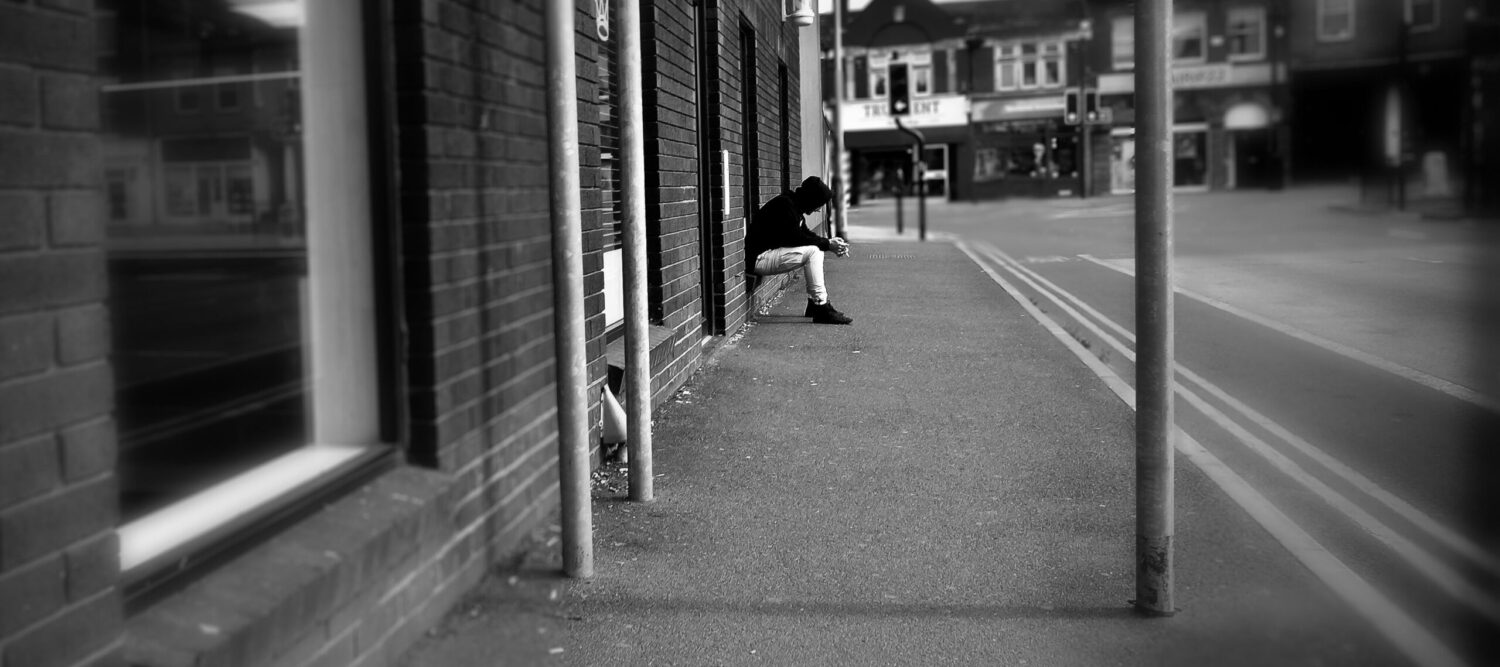Duty of Care
Labour should commit to protecting care leavers from discrimination, writes Kelly Grehan
The Equality Act 2010 was one of the great pieces of legislation introduced by the last Labour government. It had a huge impact, defending people with protected characteristics such as age, race, disability and sex from discrimination.
When – fingers crossed – Labour returns to government, we will have a lot of work to do rolling back the inequality that 14 years of Tory government have caused. And one way we could do this is by extending the protections in the Equality Act to another group – care leavers.
Statistics show we need to do more for this group, not least because care leavers have often experienced abuse.
Thirty per cent of school leavers who were in care during 2021/22 were not in further or higher education, employment, or training nine months after leaving school, compared to 7 per cent of all school leavers. A quarter of prisoners self-identify as care-experienced. Many have had a transient journey through the care system, with 16 per cent of care-experienced prisoners having had more than six different placements whilst in care. It is estimated that 17 per cent of young people leaving care who are eligible for aftercare support go on to make a homeless application.
In a country where most people are now living with parents until a much older age than in the past, and where the ‘bank of mum and dad’ is often the only way to get a house deposit, it is not surprising that those without parents to turn to are left behind.
We also know that those with experience of care can face discrimination in a similar way to protected characteristic groups. But because they are not included in the Equality Act’s protections, employers, landlords and other services providers are still able to discriminate against them.
The Independent Review of Children’s Social Care, headed by Josh McCallister and published in May 2022, recommended that government should make care experience a protected characteristic and that new legislation should be passed which “broadens corporate parenting responsibilities across a wider set of public bodies and organisations”.
Sadly, but not surprisingly, the three prime ministers who have held office since that report was published have failed to act on its recommendations. I believe Labour should make this reform a priority upon winning the election.
Making care experience a protected characteristic would mean that people who are in or have been in care would have the same legal protections as those at risk of discrimination based on age, disability or race, for example.
Councillors across the country have not been content to wait for government action. Some 60 councils in England and Scotland have already committed to treat care experience as an additional equality strand alongside the protected characteristics. This means that care leavers’ needs are taken into account in equality impact assessments made for future policies and policy changes.
Regrettably, when I brought a motion on behalf of Dartford Council’s Labour group on this topic, Tory councillors amended the motion so that it became meaningless, removing the pledge to treat care experience as a protected characteristic. But I am calling on other councillors to bring this type of motion to their councils. We can make a difference independently of central government – and the more councils that get involved, the better.
Image credit: Neil Moralee via Flickr

